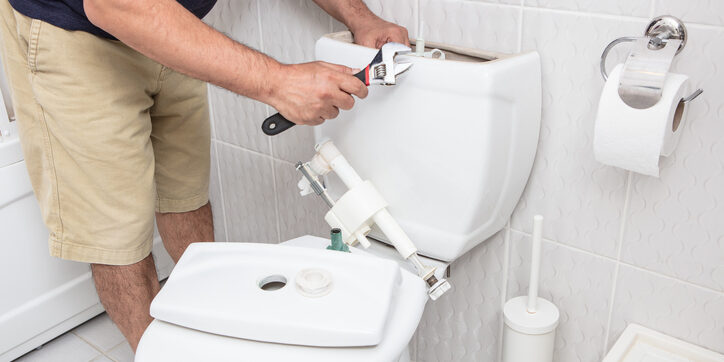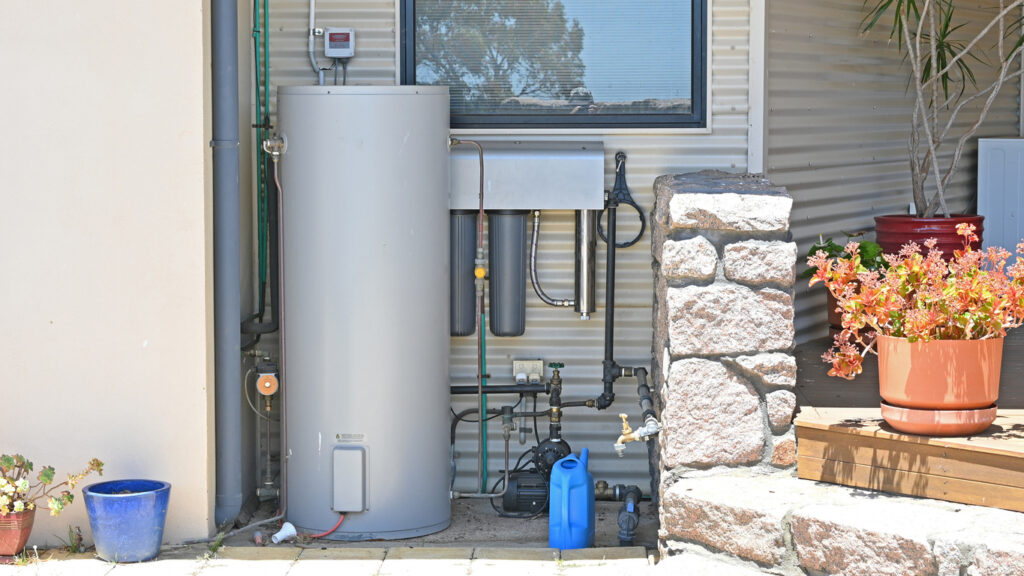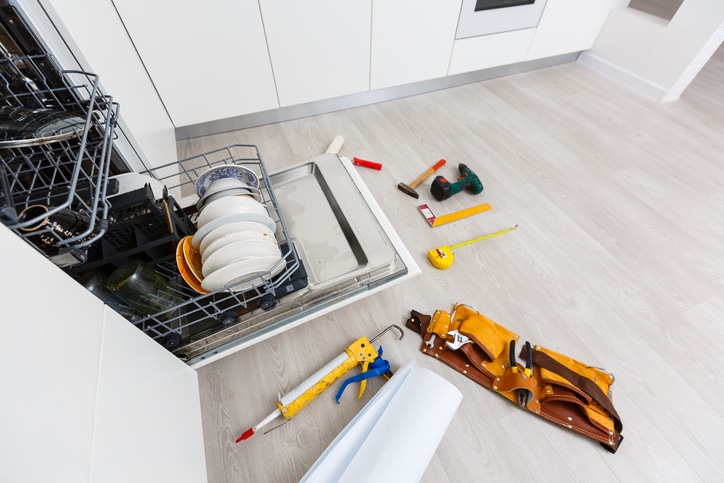
Have you ever heard your toilet running and thought, “Eh, it’s no big deal”?
You might want to think again.
According to the Environmental Protection Agency (EPA), toilets are responsible for nearly 27% of the average home’s daily water use—and that’s when they’re working properly. When your toilet starts leaking or running continuously, it can quietly become one of the biggest sources of water waste in your entire home.
How Do Toilet Leaks Start?
Toilets are simple machines, but over time, even small components can fail. Most leaks stem from the factory parts inside your toilet tank—many of which are made from rubber or plastic. These parts naturally degrade over time, especially in homes that use tank cleaning tablets or harsh chemical bowl cleaners.
Here are the most common culprits behind a leaking or running toilet:
Worn flapper valve: If this rubber seal degrades or warps, it allows water to escape from the tank into the bowl non-stop.
Faulty flush valve: A small crack or gap around the valve can cause slow leaks.
Leaky fill valve: If the fill valve doesn’t shut off properly, water keeps flowing into the tank and down the overflow tube.
Damaged seals or gaskets: These parts can deteriorate with age, leading to subtle but continuous leaks.
The good news? These parts are affordable and can usually be replaced in one visit by a licensed plumber. Catching a leak early can save you big—especially if it’s happening 24/7.
How Much Water Can a Running Toilet Waste?
Let’s break it down with a worst-case scenario:
A standard toilet uses about 1.5 gallons per flush
It takes about 30 seconds to refill the tank after a flush
That’s about 3 gallons per minute if the toilet is constantly running
There are 1,440 minutes in a day
That adds up to 4,320 gallons per day—or over 30,000 gallons per week
To put it into perspective, the average household in the U.S. uses 80–100 gallons of water per day, according to the U.S. Geological Survey. So a leaking toilet could be wasting 43 times your normal weekly water usage—all without you realizing it until the bill arrives.
The Real Cost of a Leaky Toilet in Dallas
Water in North Texas isn’t free, and utility companies won’t always give you a break for a leak—especially if it’s due to delayed maintenance. That 30,000-gallon leak could translate to hundreds of dollars in a single billing cycle. Some Dallas homeowners have reported water bills doubling, tripling, or worse—all because of a single malfunctioning toilet.
What Should You Do?
Step 1: Check for Leaks
Listen for water running long after a flush
Drop a few drops of food coloring in the tank—if it appears in the bowl without flushing, you have a leak
Feel around the base of the toilet or behind the tank for moisture
Step 2: Take Action
If you notice anything off, don’t wait. A few extra days can turn a $15 fix into a $300+ repair—and that’s not even counting your water bill.
At Total Plumbing, our licensed plumbers can:
Quickly inspect your toilets and detect leaks
Replace worn or faulty components same-day
Offer water-saving upgrades like dual-flush systems
We serve homeowners all across the Dallas-Fort Worth area and take pride in fixing it right the first time.
Call Total Plumbing Before Your Water Bill Soars
A constantly running toilet might not seem like a big deal—but over time, it can waste tens of thousands of gallons and burn a hole in your wallet.
If you’re hearing running water when no one is in the bathroom, call Total Plumbing today at 972-681-4434!
We’ll make sure you’re not flushing money down the drain.



